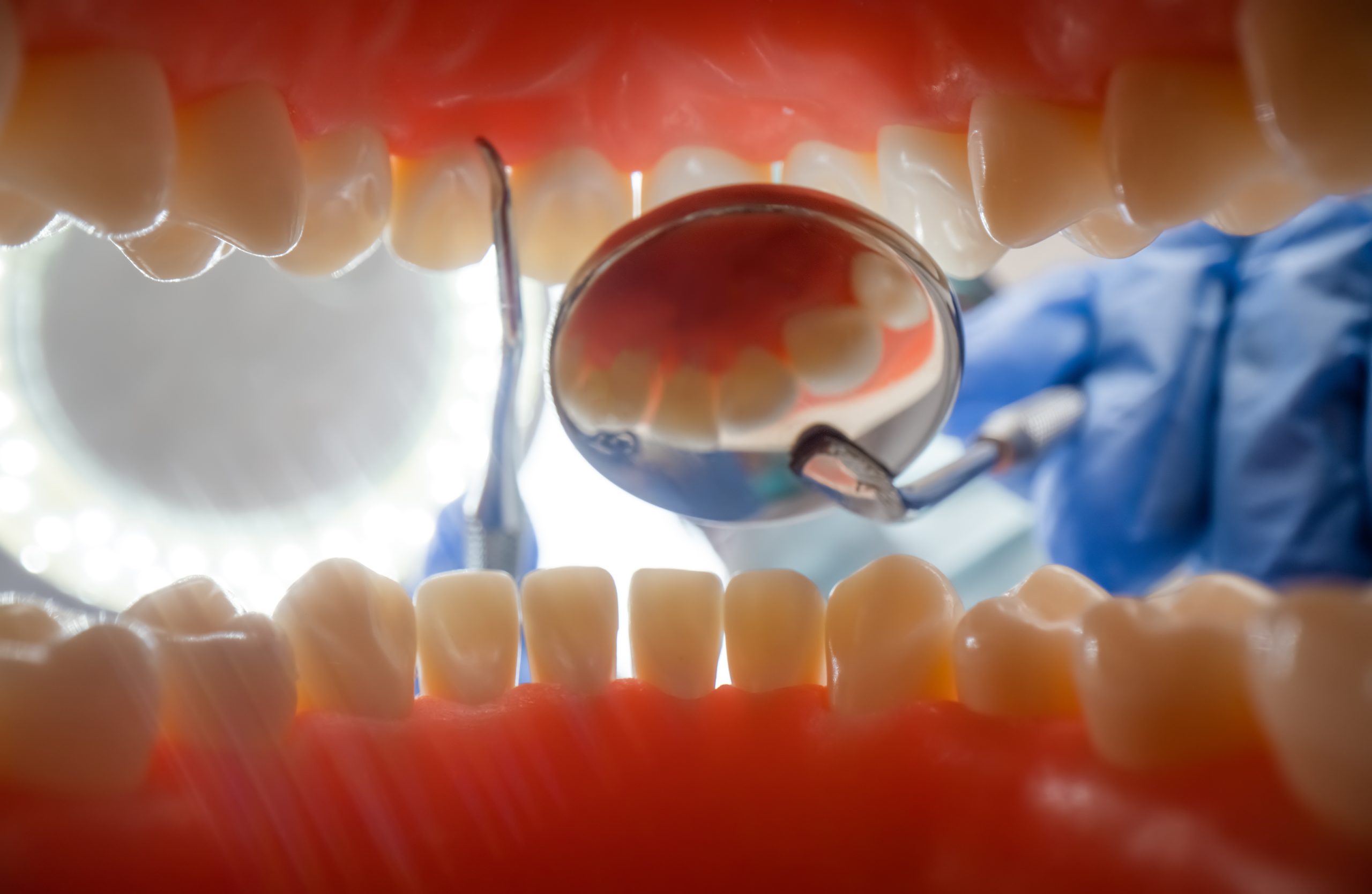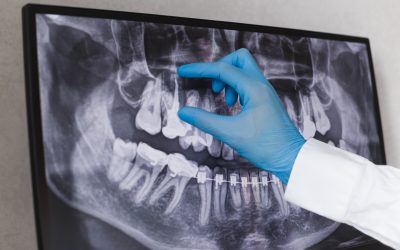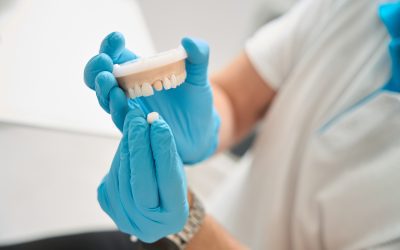The role dentists play in maintaining oral health has been a constant discussion in recent years. As part of general health promotion, dentists have been crucial in helping people maintain their teeth and gums in optimal condition. Their expertise in diagnosing and treating oral problems makes them a key figure in public health. However, some still question do we really need dentists, considering the advancements in healthcare and preventive measures available today.
The Necessity of Dentists in Public Health
Dentists play a critical role in public health by promoting oral health, preventing diseases, and treating dental problems. Through routine check-ups, dentists ensure the overall well-being of their patients and contribute to a healthier community.
Oral Health and Overall Health
Oral health drastically impacts one's overall health. A range of dental problems, such as gum diseases, tooth decay, and tooth loss, not to mention serious health issues like stroke, heart disease, and diabetes, can arise when one has poor oral health. Dentists are essential in promoting oral health by diagnosing, treating, and preventing these conditions, thus ensuring the population's well-being.
For example, millions of people visit a physician but not a dentist annually, leading to undetected dental and medical conditions. Dentists can identify and address these issues, contributing to better overall health and potentially reducing long-term healthcare costs.
Routine Dental Check-Ups Importance
Regular check-ups with a dentist are vital for maintaining healthy teeth and gums and preventing oral health issues from progressing to more severe conditions. Dentists perform thorough oral examinations, diagnose problems, provide treatments, and offer personalized advice on oral hygiene.
Routine check-ups usually include:
-
- Examinations of teeth, gums, and soft tissues for evidence of decay, gum disease, and oral cancer
- Teeth cleaning to remove plaque and tartar, followed by polishing to keep teeth smooth and healthy
- X-rays to detect problems unseen by the naked eye, such as impacted teeth, cysts, or tumors
- Fluoride treatment to strengthen tooth enamel and prevent decay
- Education on proper brushing, flossing, and nutrition to maintain good oral health
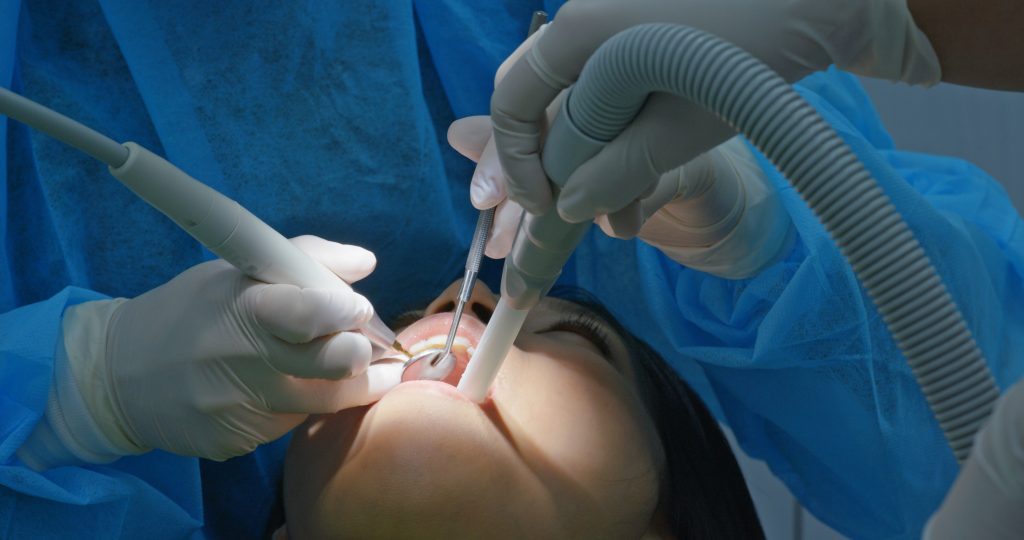
Understanding the Role of Dentists
A dentist plays a vital role in promoting good dental hygiene and preventing oral health issues before they can manifest into serious complications. In this section, we'll take a closer look at the various dental procedures and treatments offered by dentists, as well as their proactive role in preventive dentistry.
Dental Procedures and Treatments
Dentists possess an array of skills which enable them to undertake numerous procedures and treatments. Here is a brief overview of some common dental procedures:
-
- Diagnosing oral diseases: Dentists diagnose oral conditions and diseases by examining the teeth, mouth, and surrounding tissues, often using X-ray imaging and other diagnostic tools.
- Creating treatment plans: They develop customized treatment plans to address specific oral health concerns, repairs, or cosmetic procedures.
- Administering anesthesia: Dentists use local, sedation, or general anesthesia to ensure patients remain comfortable during procedures.
- Performing restorative treatments: Fillings, crowns, and bridges are examples of treatments used to restore function and appearance to decayed or damaged teeth.
- Conducting oral surgery: When necessary, dentists might perform oral surgeries such as tooth extractions, biopsies, or dental implants.
Preventive Dentistry
Aside from performing treatments, dentists also engage in preventive dentistry. This incorporates a range of activities aimed at maintaining optimum oral health and preventing potential issues. Key aspects of preventive dentistry include:
-
- Regular dental check-ups: Dentists recommend that patients have check-ups every six months to monitor their oral health and catch potential issues before they escalate.
- Professional cleanings: During check-ups, a dental hygienist will perform a thorough cleaning, removing plaque and tartar and assessing gum health.
- Sealants and fluoride: These preventive measures help strengthen and protect teeth, particularly in children. Sealants are applied to the molar's chewing surfaces, while fluoride treatment can help remineralize and fortify tooth enamel.
- Educating patients: Dentists educate patients on the importance of proper oral hygiene, including brushing, flossing, and dietary considerations to maintain healthy teeth and gums.
By understanding the roles and responsibilities of dentists, individuals can make better decisions regarding their dentists' treatment recommendations and maintain their oral health.
Cost Versus Benefit Analysis
While the affordability of dental care and insurance may be a concern for some, neglecting dental health can lead to more severe and costly complications. Individuals, policymakers, and stakeholders should weigh the costs and benefits of investing in oral health to make informed decisions that promote well-being and prevent further health issues.
Affordability of Dental Care
Dental insurance often comes with doubts regarding its worth and affordability. The cost of dental treatments varies, with cleanings for adults ranging from $73 to $130, fillings between $108 to $246, crowns from $959 to $1,650, implants from $1,200 to $2,500, and root canals from $613 to $1,200 per the American Dental Association. People often question the value of dental insurance, as the coverage sometimes does not justify the expense.
On the other hand, preventive dental care, like check-ups and cleanings, can minimize severe dental health problems and related costs. Some dental insurance policies might include preventative care, which promotes early detection and avoids the need for more expensive treatments in the future.
The Outcome of Neglecting Dental Health
Disregarding dental care can lead to various oral health issues and, in turn, affect overall health. Dental complications such as cavities, gum disease, and tooth loss can cause pain, negatively affect self-esteem, and lead to difficulty in eating and speaking.
One example of the potential benefits of oral health improvement programs can be seen in the Cost Benefit Analysis of Two Oral Health Improvement Programmes. This study evaluated the effectiveness of two initiatives: the Mouth Care Matters project in England and the Senior Smiles project in Australia. Both programs aimed to reduce costs and improve the quality of life of their respective participants through better dental care.
Cost-effectiveness analysis is a common tool used by various stakeholders in the healthcare sector, primarily because of the scarcity of resources and financing, depending on the economy. This method helps determine whether the money spent on an intervention produces beneficial outcomes, such as improved oral health through preventive measures and treatments.
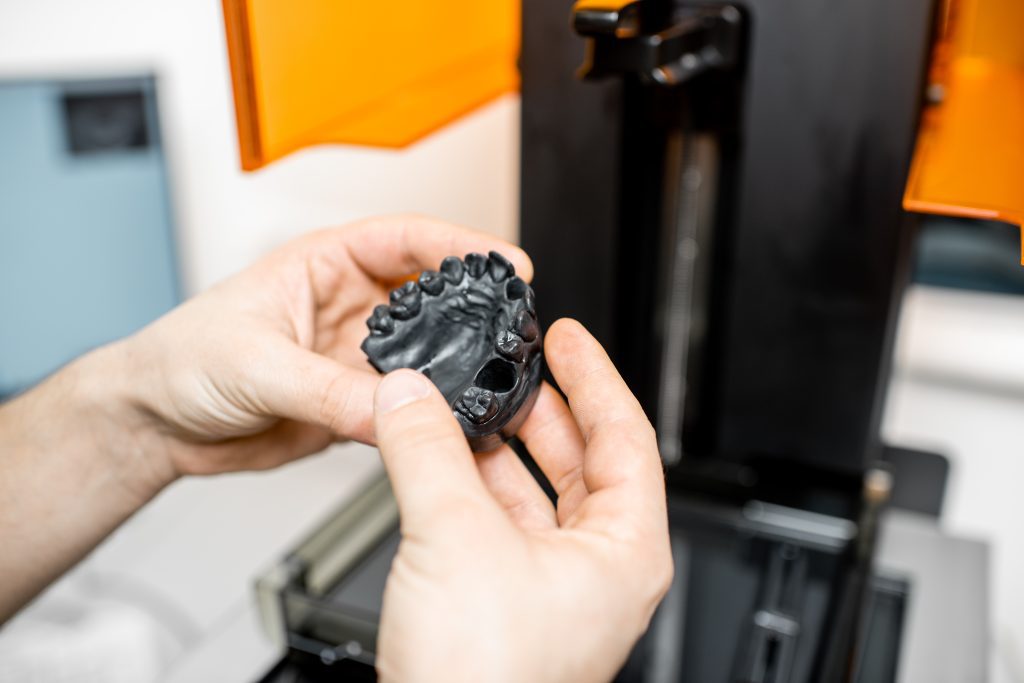
The Future of Dentistry
The world of dentistry is constantly evolving, and with advancements in technology and shifting societal expectations, the future of this profession seems promising. As we continue to grow our understanding of oral health, the demand for dentists is expected to remain steady.
One significant development in the future of dentistry is the use of digital technologies. With the adoption of digital scanning, 3D printing, and computer-aided design, dentists can provide more accurate diagnoses, develop personalized treatment plans, and even create dental prosthetics with greater precision. This not only improves the efficiency of dental care but also contributes to an enhanced patient experience.
Another trend shaping dentistry's future is the integration of telemedicine. With the ability to conduct virtual consultations and monitor patient progress remotely, dentists can reach a broader patient base while offering a convenient alternative to in-person appointments. This approach provides patients with increased accessibility, which can be particularly beneficial for those living in rural or underserved areas.
Moreover, preventive care and patient education will become even more essential in the years to come. By promoting oral hygiene practices and providing early intervention, dentists can help patients avoid more severe dental problems in the future. Additionally, as the connection between oral health and overall health becomes better understood, dentists will play a pivotal role in promoting a holistic approach to healthcare.
Furthermore, the increasing popularity of dental aesthetics will continue to drive growth in cosmetic procedures. Teeth whitening, orthodontics, and dental implants are just a few areas that will experience considerable expansion as patients seek to improve their smiles and boost their self-confidence.
Do We Really Need Dentists Wrap Up
In the modern world, oral health plays a significant role in overall well-being. Dentists contribute greatly to the maintenance of healthy teeth and gums, providing essential preventative and restorative treatments. Based on the provided search results and the prevalence of dental health issues worldwide, it is clear that dentists are vital in maintaining and improving oral health.
Visiting a dentist regularly contributes to the early detection and management of dental issues such as cavities, gum diseases, and oral cancers. A study mentioned by the BBC suggests that dentist visits should be tailored according to individual needs based on factors like oral hygiene practices and susceptibility to dental problems.
The demand for dentists is expected to remain strong, with an ADA study predicting a considerable dental surplus in the coming years. This projection indicates a continued need for dental professionals in the foreseeable future.
The evolution of dentistry will contribute to healthier, happier patients while continuously enhancing the profession's status and importance.
Frequently Asked Questions
Are dental check-ups necessary every 6 months?
Yes, dental check-ups are recommended every 6 months for most adults and children. These regular visits help catch tooth decay or other dental issues early, preventing complications and pain.
Can someone live a healthy life without visiting a dentist?
While it's possible to maintain good oral hygiene without visiting a dentist, it's not recommended. Dentists play a crucial role in educating patients about proper oral care practices and identifying potential dental problems that may go unnoticed otherwise.
Do dentists perform unnecessary fillings?
Dentists typically perform fillings only when there is a clear need to address tooth decay or damage. Unnecessary fillings are not common, and it's in your best interest to trust the expertise of your dental professional.
What is the dental check-up procedure?
During a dental check-up, the dentist will discuss your dental and medical history, then examine your teeth, gums, and other oral structures, possibly take x-rays, and assess your overall oral health. They will discuss any concerns or recommendations with you and create a treatment plan if needed. For more information on the dental check-up procedure, you can refer to MouthHealthy.
What is the difference between dental check-ups and cleaning?
A dental check-up is a comprehensive assessment of your oral health, which may include x-rays and an examination of teeth, gums, and other oral structures. On the other hand, a cleaning involves a hygienist ridding your teeth and gums of plaque and tartar, polishing teeth, and sometimes applying fluoride.

